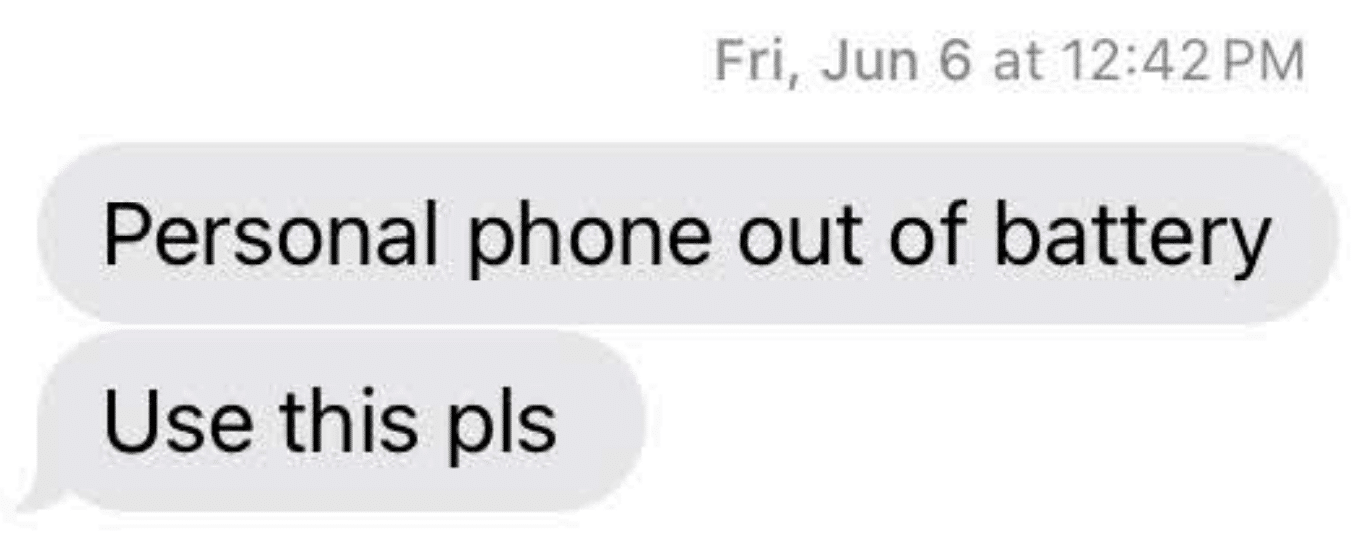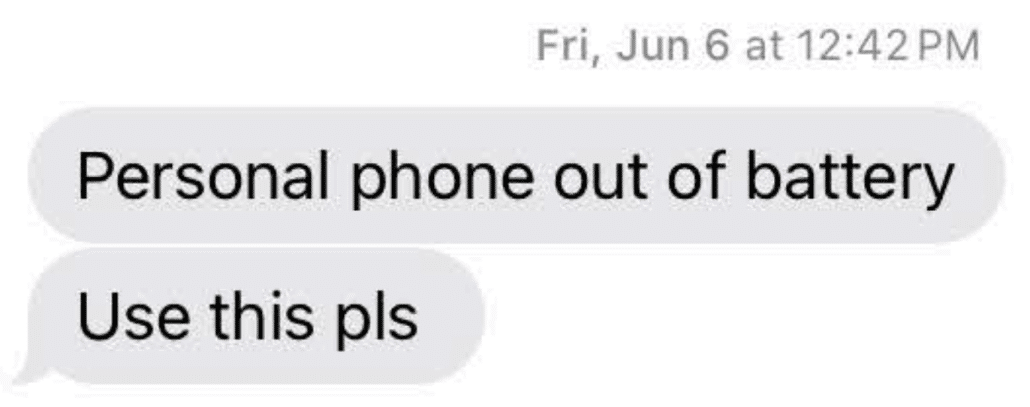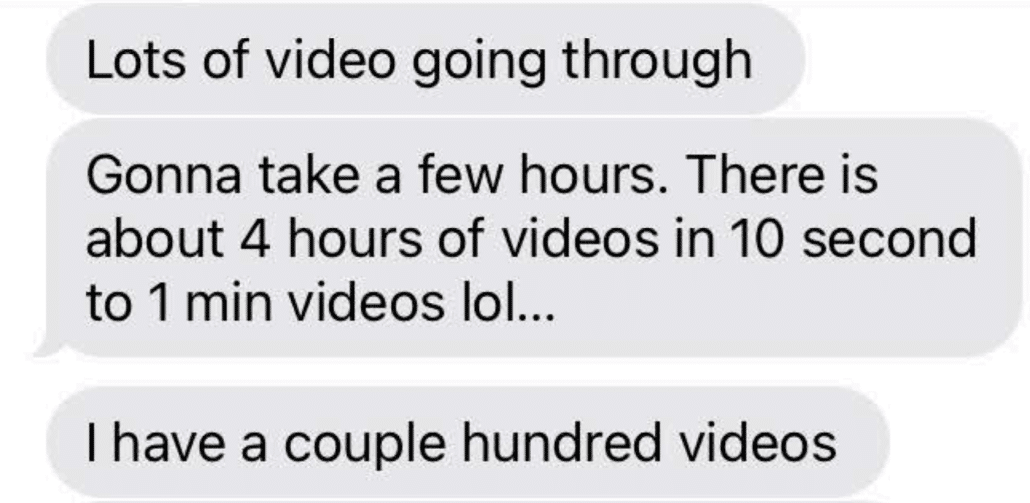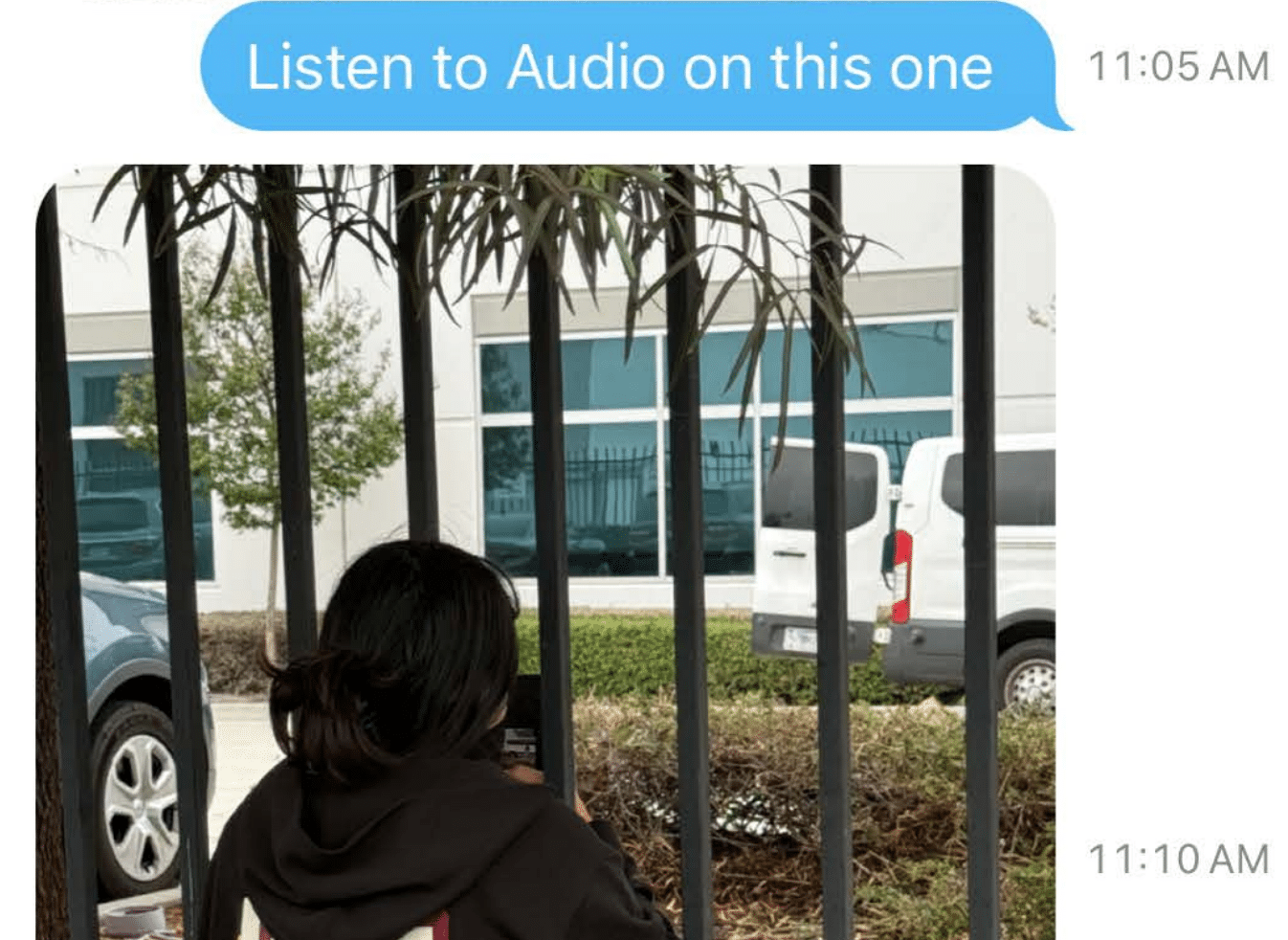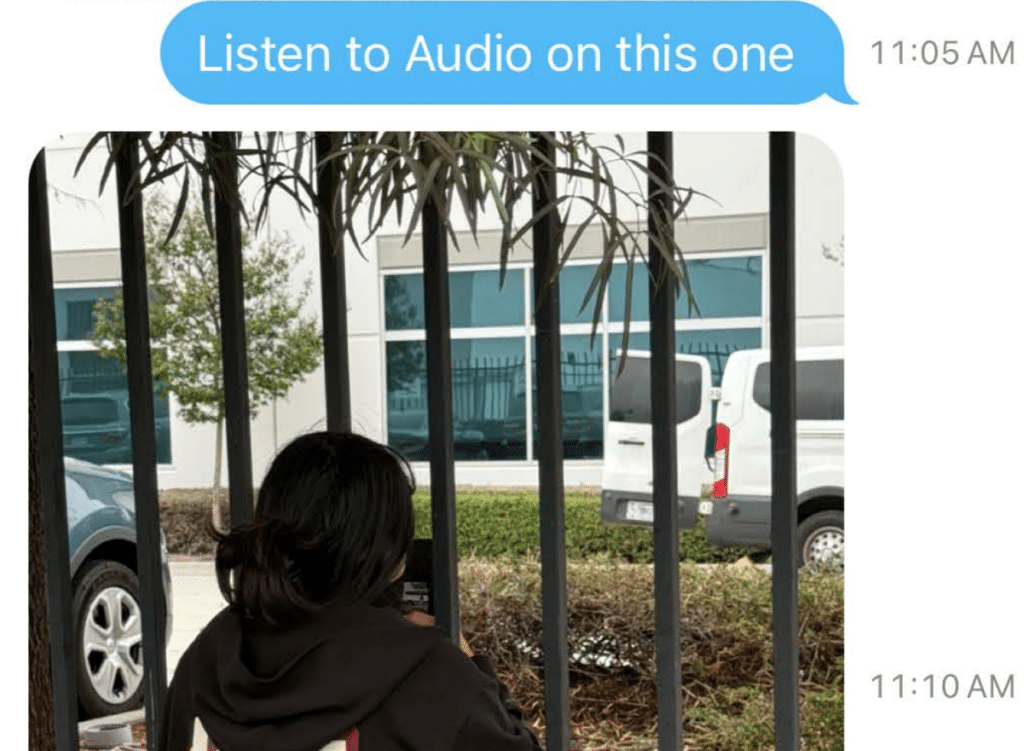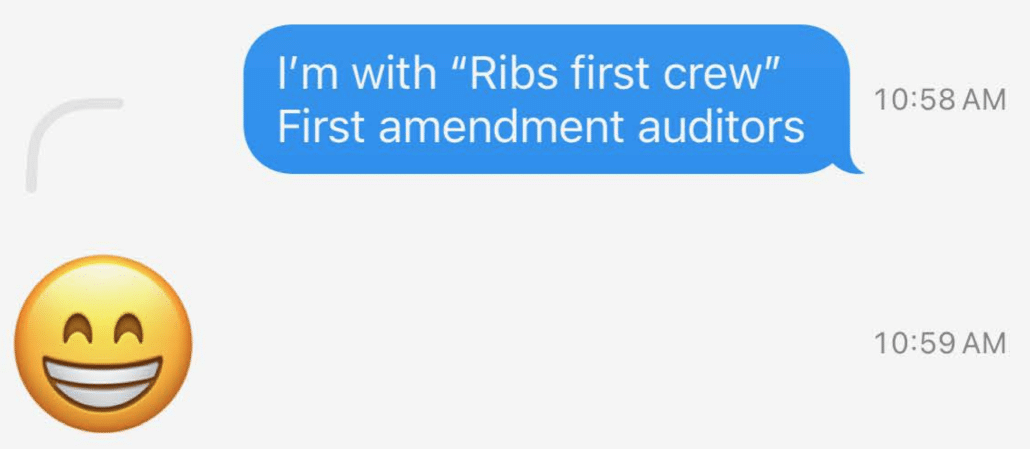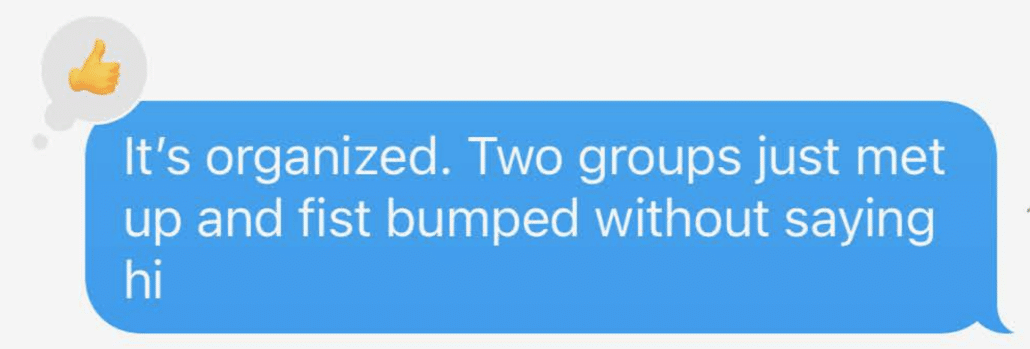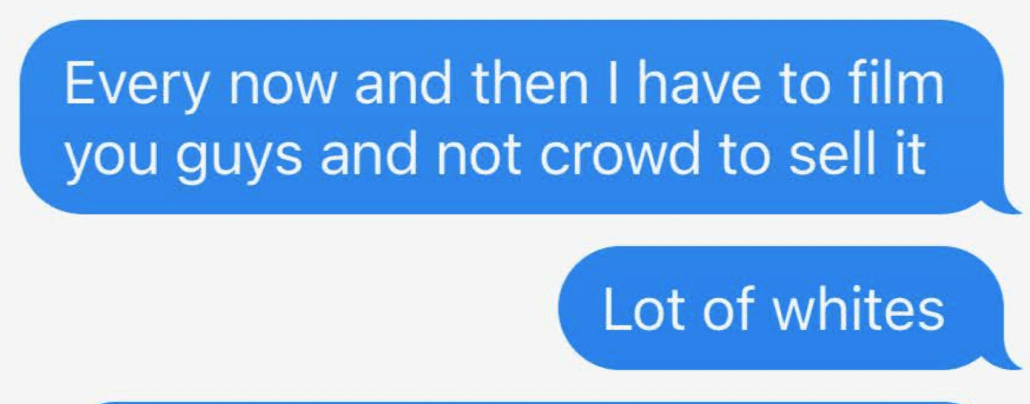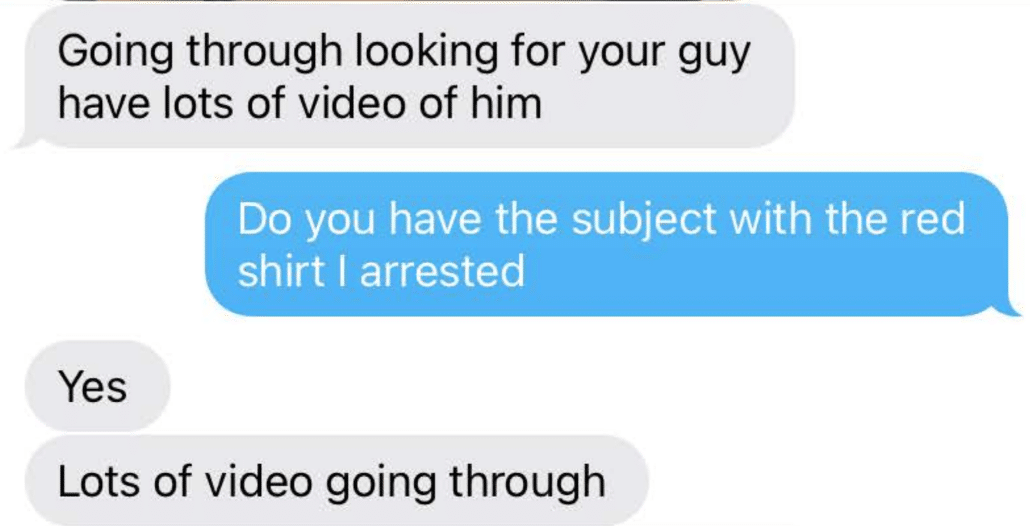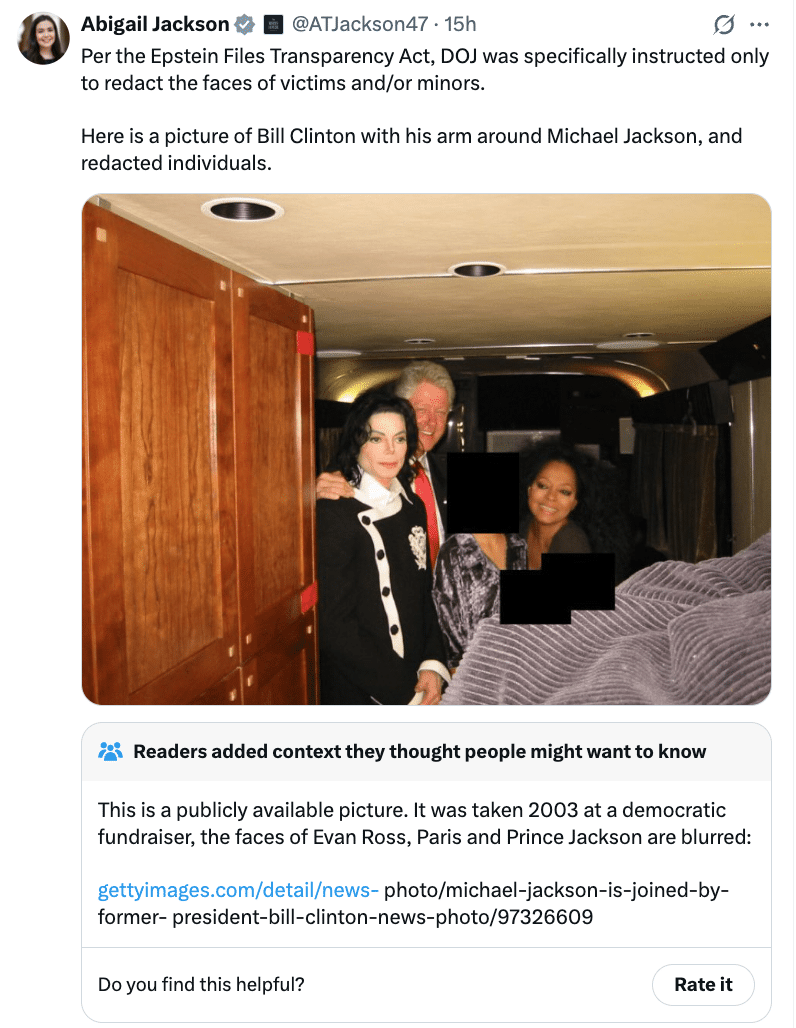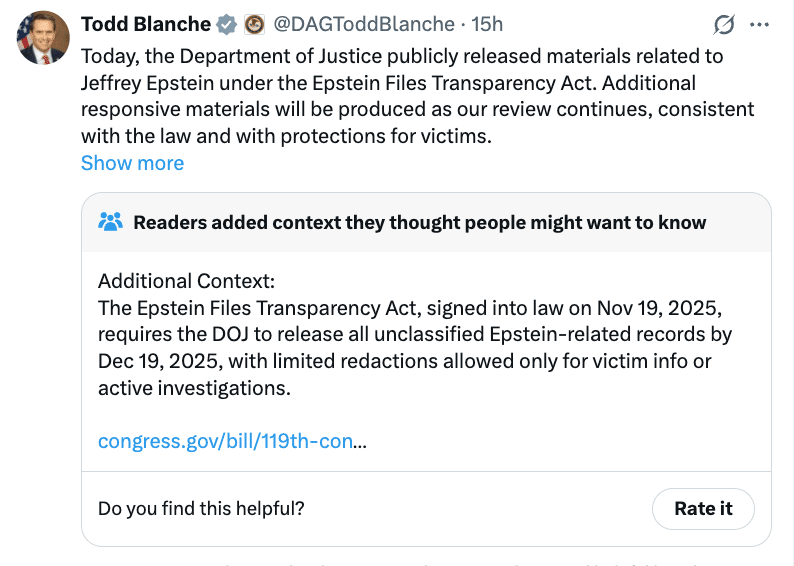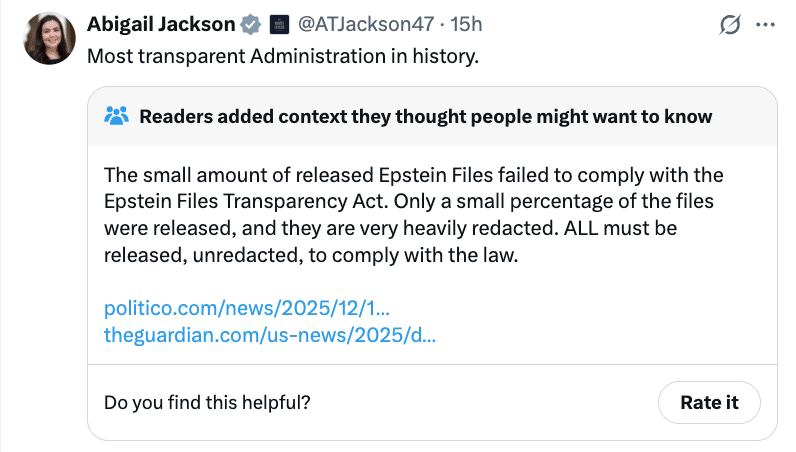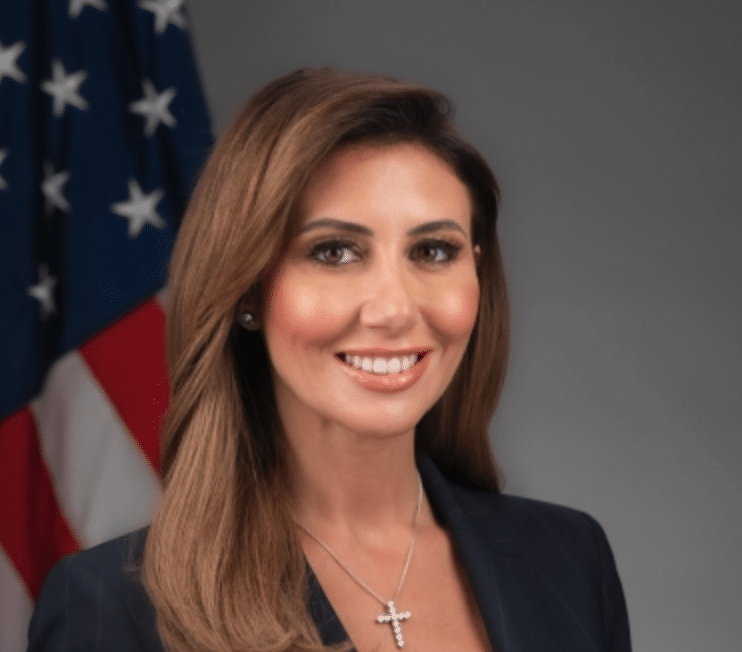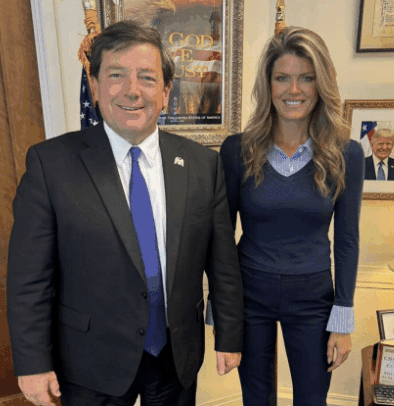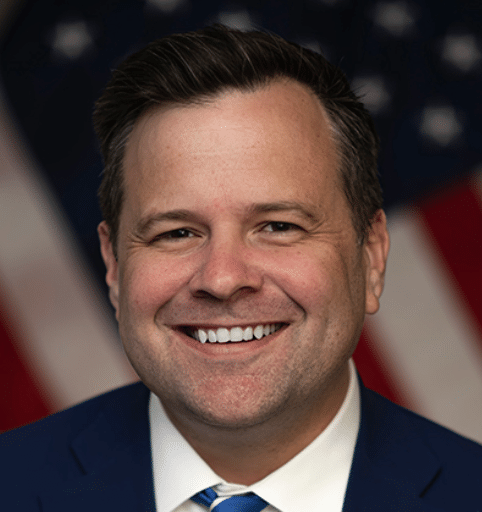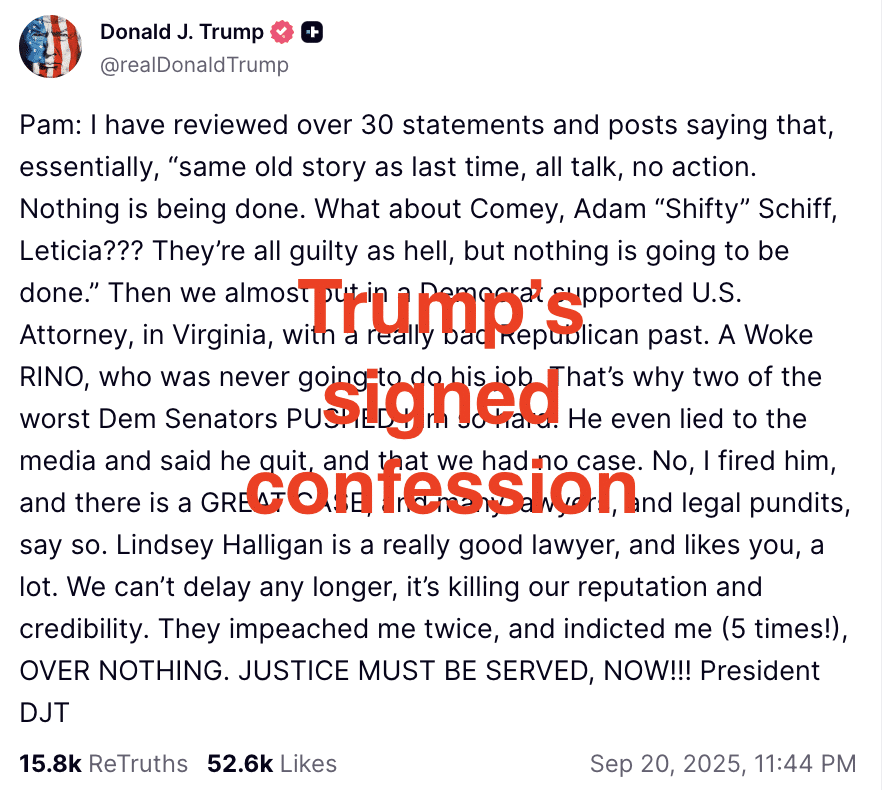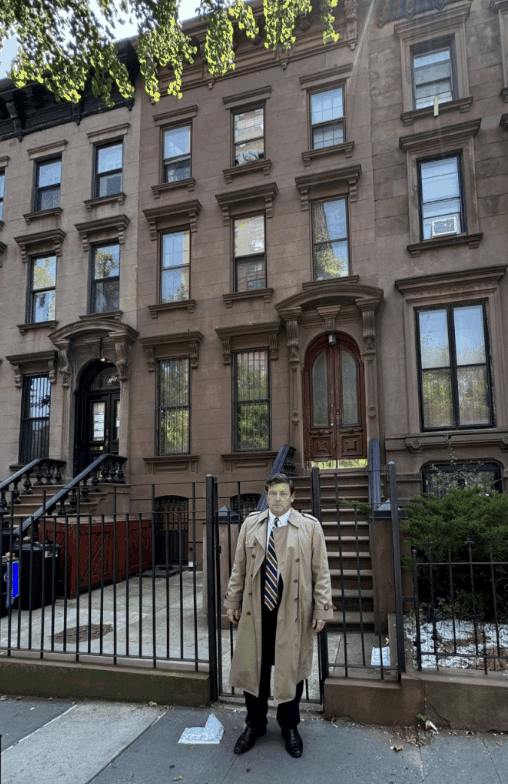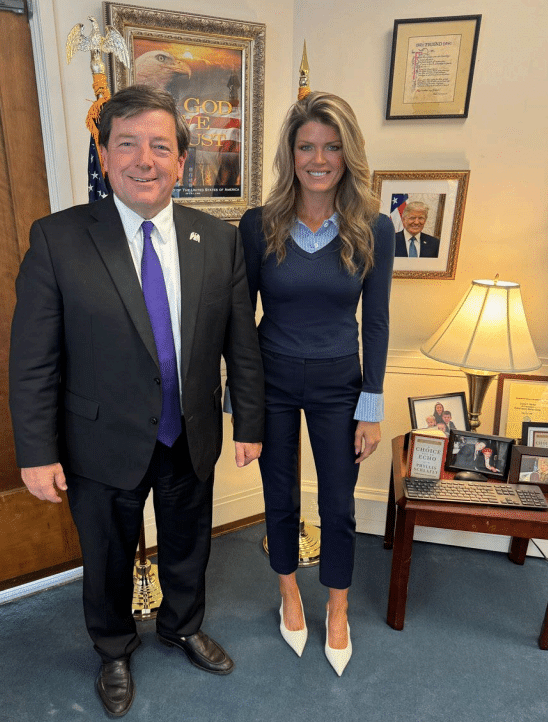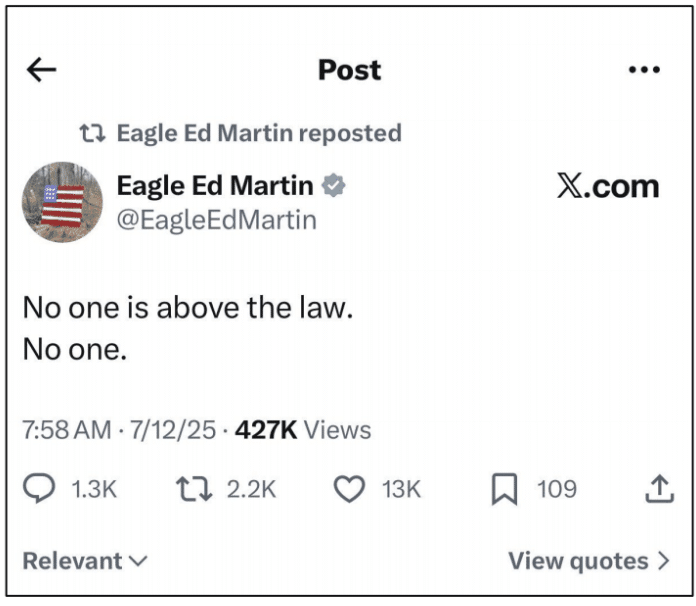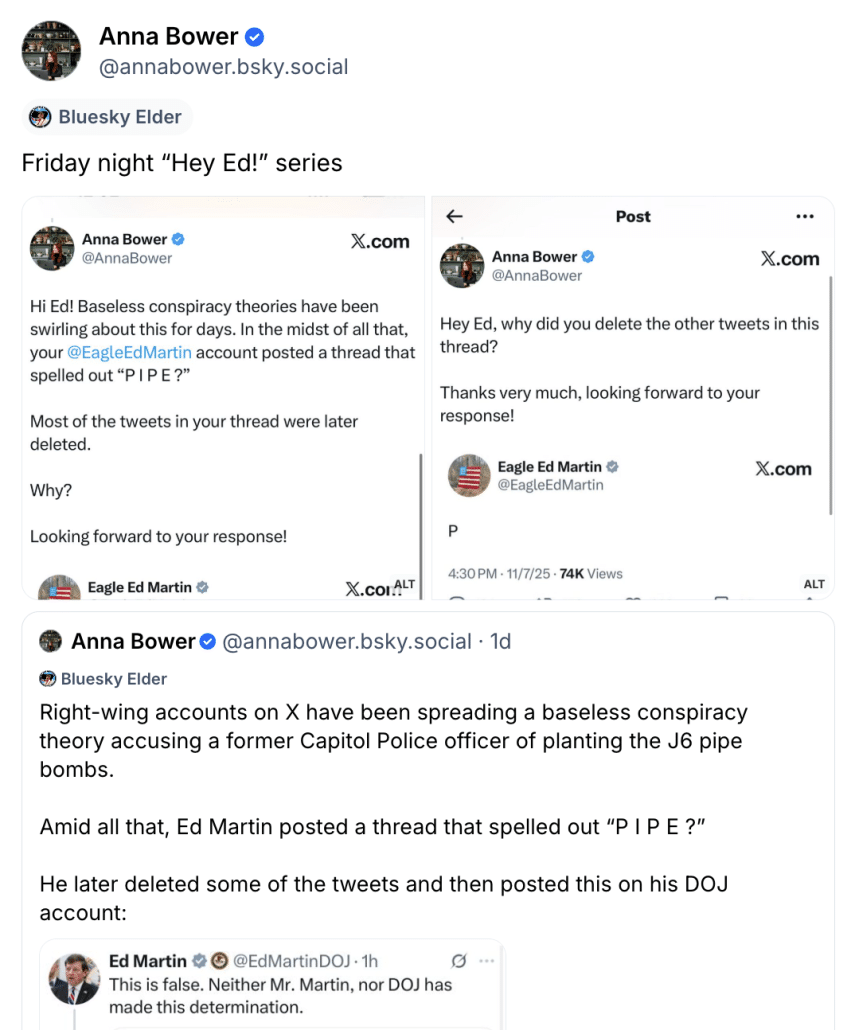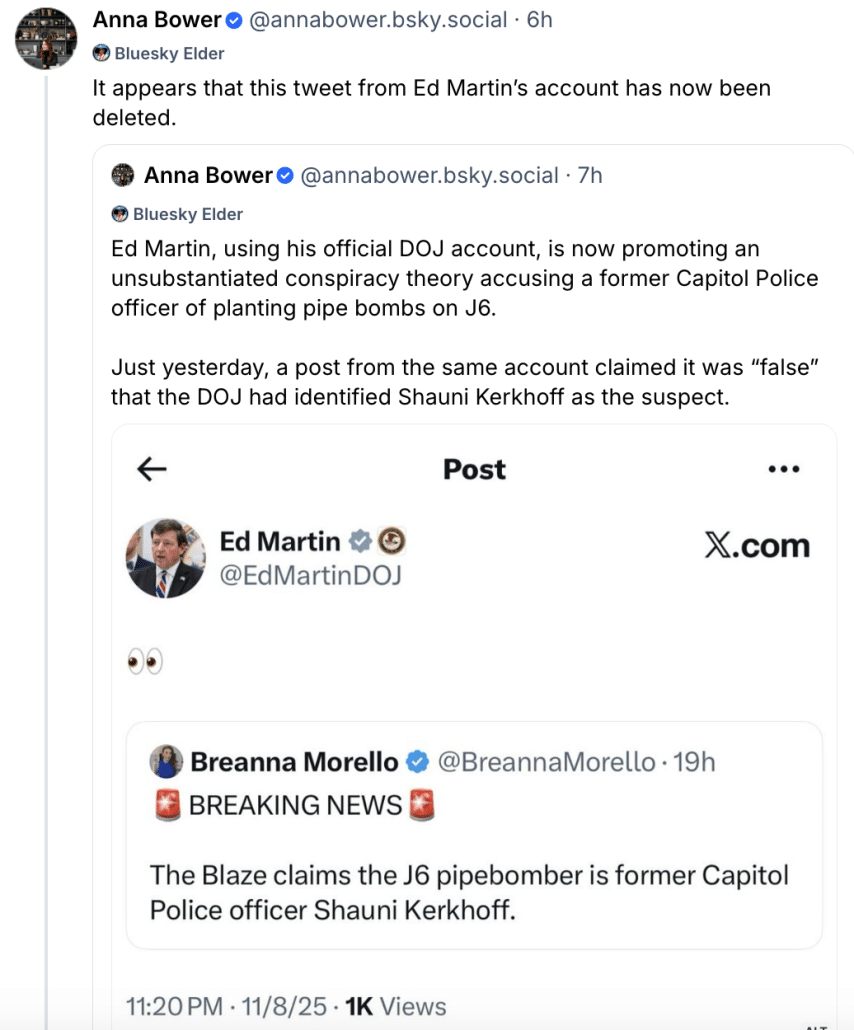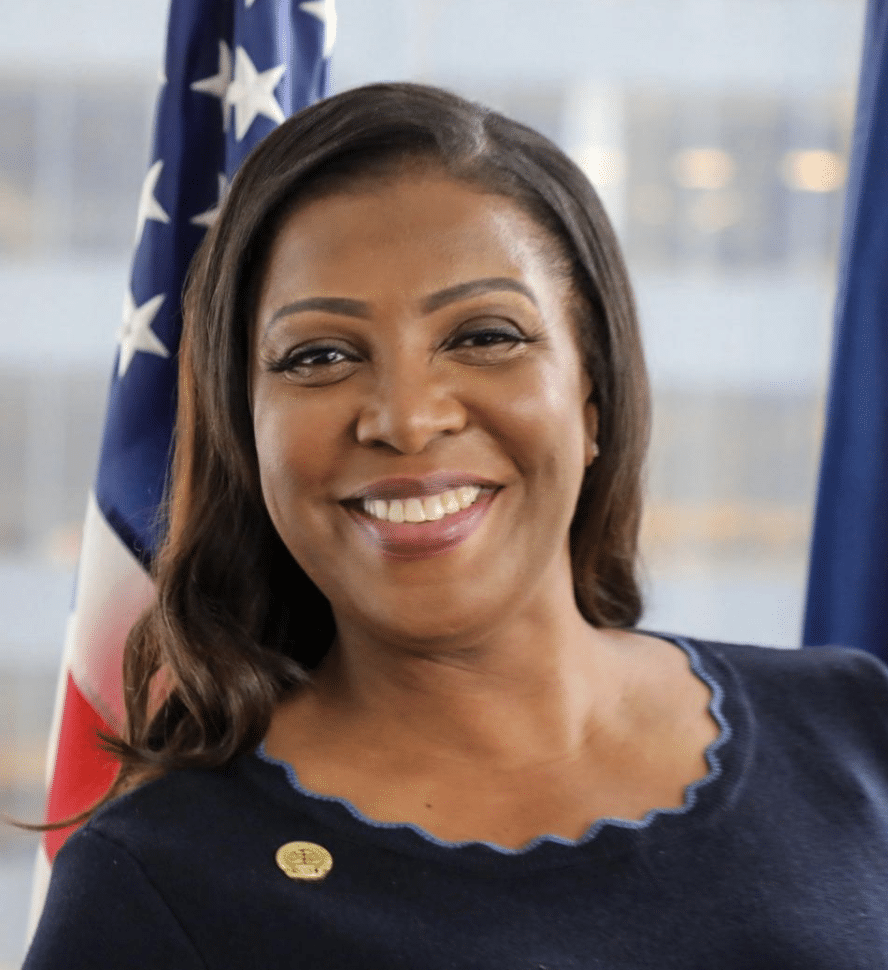DOJ Continues to Let DHS Pick and Choose Screen Shots Pertaining to Their Assaults
There’s a general reason and specific reasons why people should care about Bill Essayli’s response to David Huerta’s motion to compel the government to turn over metadata associated with the evidence obtained against him.
Generally, DHS has permitted — encouraged, seemingly — DHS officers to use their own personal phones and to use Signal. And whether officers are using their own or government phones, DHS ditched its archiving software last year; it is relying on officers’ taking screen caps of relevant communications.
The Department of Homeland Security has stopped using software that automatically captured text messages and saved trails of communication between officials, according to sworn court statements filed this week.
Instead, the agency began in April to require officials to manually take screenshots of their messages to comply with federal records laws, citing cybersecurity concerns with the autosave software.
[snip]
The policy expects officials to first take screenshots of the text messages on their work phones, send it to their work email, download it on their work computers and then run a program that would recognize the text to store it in searchable formats, according to the department’s guidance submitted to the court.
Under the Federal Records Act, government agencies are required to preserve all documentation that officials and federal workers produce while executing their duties. They have to make federal records available to the public under the Freedom of Information Act unless they fall under certain exemptions.
And we’ve seen AUSAs rely on officers themselves to review their own devices for communications covered by discovery.
In the LaMonica McIver case, for example, officers didn’t turn over exculpatory texts until Judge Jamel Semper ordered supplemental discovery.
It wasn’t until November 26 — almost two weeks after Judge Jamel Semper ruled on McIver’s immunity bid — that DOJ turned over texts copying this video, observing that it looked bad.
5 The Spotlight News video came to light during the course of supplemental briefing only because it was referenced in a May 9, 2025, text message that the government finally turned over on November 26, 2025. HSI special agents exchanged the video in that May 9 conversation, where the agents also acknowledged that the evidence in the video was “bad.” Ex. Y at 2-3. The prosecution team therefore clearly knew about the text messages (and thus the video) when disclosures were due in July.
McIver’s lawyer, Paul Fishman, says he will address this delayed discovery in a follow-up letter.
Inexplicable delays in the government’s discovery productions mean that the record continues to be developed.1
1 Congresswoman McIver will detail these shortcomings in a forthcoming letter to the Court.
But the implication of this is clear.
DOJ was never going to turn over these discussions — conducted on Signal — until Judge Semper ordered this supplemental briefing. They were sitting on evidence that shows that before DHS first started calling McIver’s actions an assault on May 10 (McIver had to ask to have these Tweets taken down, but the timeline is in her motion to do so), they had shared video noting that their own actions looked bad.
Consider how this policy would work in the case of Jonathan Ross’ killing of Renee Good. Given that Ross’ video of the killing was released unofficially, it seems likely he was using his own phone that day. Particularly given the impunity with which Pam Bondi has treated him so far, there’s no reason to believe he’d retain anything incriminating himself, much less people like Greg Bovino or Stephen Miller.
It would take someone actually seizing his phone to see if there are incriminating details about his own motives.
That’s what David Huerta is asking for: that DOJ provide the metadata associated with both the videos and texts messages surrounding the day.
The metadata Mr. Huerta requests here—for the agents’ text messages already produced in this case,10 and for the photos and videos taken of the scene on June 6 and already produced—is critical and material to his ability to adequately prepare for his defense in this case. It is also relevant to understanding the sequence of events that occurred on June 6, both the actions of protestors and Mr. Huerta at the scene (e.g., shown in photographs and video recordings) and the agents’ statements to one another and activities that day as reflected in the text messages. Lastly, the metadata information affiliated with iPhone photos and messages is routinely stored in the ordinary course for such ESI, and would be straightforward to extract from the agents’ cellphones or devices. Moreover, producing the photos and videos in a native, load-ready format along with a corresponding index is routinely done in criminal cases by the Department of Justice.
10 Because the agents’ text messages and the photos and videos have already been collected by the government in this case and produced to the defense, there can be no dispute about the government’s “possession, custody, or control” of that material and/or those devices, as the government already had, and likely continues to have, access to them in preparing their discovery productions.
Even if these witnesses — HSI Supervisory Agent Ryan Ribner and Undercover Officer Jeremy Crossen — were reliable, this would be a reasonable ask. While the bulk of the video in discovery is unavailable publicly, the texts are difficult to unpack, and because Ribner “wrote the arrest report … from memory,” there are time discrepancies between the narrative he tells in the arrest report and the texts, to say nothing of additional discrepancies in Crossen’s countersurveillance report.
But these witnesses are not reliable. Crossen, for example, told interviewers that he was using his personal phone because his government phone “was not working at the time of the incident.”
TFO Crossen stated he used his personal phone to document the events which was turned over to an HSI Computer Forensics Agent (CFA) to download and preserve evidence.
TFO Crossen stated his government issued phone was not working at the time of the incident.
Except his texts show he switched phones during the incident (his testimony is so inconsistent I actually misunderstood whose phone this was on first read).
Plus, he told Ribner had had a couple hundred videos. The discovery includes far short of that.
And that’s just one reason to question Crossen’s candor when he told investigators, “he did not alter or delete any videos.” There are other holes in what appears in exhibits (this may be available in videos): he told investigators that somebody — I think he means protestors — called out “he’s a union member,” about Huerta, which is … not how I’d expect people in left-leaning politics to describe a senior SEIU official. The specific description of Huerta would go to the denials of everyone involved that they assaulted Huerta because he is a senior union official.
And Crossen described not filming the most important footage for this case, purportedly showing Huerta standing right in front of the van, rather than to its side, where the DHS goons assaulted him.
TFO Crossen recalled that immediately before 0:10 seconds before starting video 2790, he observed HUERTA standing in front of the van, closer to the center of the van. He stated that he did not film that particular moment because there were a lot of distractions “from persistent instigators” including HUERTA.
And that’s why Essayli’s argument — that DOJ can provide Electronically Stored Information in whatever format they want so long as it maintains the data integrity — falls short.
In relevant part, the ESI protocol recommends that (1) after conferral, any format selected for producing discovery should maintain the ESI’s integrity, allow for reasonable usability, and reasonably limit costs, and, if possible, conform to industry standards for the format;
Crossen’s testimony, along with problems in the testimony of others, raises more than enough reason to question the integrity of the data as provided. A Cellebrite extraction, which is what Huerta is asking for, would show whether there were gaps in production.
Essayli is also citing in poor faith to misrepresent Huerta’s argument (and in his motion to dismiss, switched between PDF and document page numbers, further obscuring his references). He repeatedly claims Huerta just wants DOJ to create a searchable index.
To the extent defendant is requesting the government create an index of the metadata in a searchable format, see Dkt. 58 at 3:1-5, that request is beyond the government’s discovery obligations.
[snip]
Instead, defendant’s true complaint is that the government has not created a searchable index of the photos’ and videos’ metadata. (Dkt. 58 at 3.)
But the cited passage (this is on document page 2) reveals they’re asking for far more than that.
The screenshot PDF images of the messages do not contain any metadata affiliated with the messages or the source iPhones, and no corresponding index was provided to defense counsel with this information. Notably, the phone numbers belonging to the sender(s) and recipient(s) of the messages, or even the iPhone contact cards, were not included in the production or visible in the screenshots. Nor do the iMessage screenshots contain a timestamp for each message; while some messages do have a timestamp at the top (sometimes owing to a gap in time), many of the messages contain no timestamp whatsoever.6 Additionally, because of the nature of the initial production (individual PDFs named only by “IMG” file number), there is no way in which to tell who the owner and custodian (e.g., which agent) is of each set of messages and each phone. Additionally, due to the screenshot nature of the messages, certain messages are cut off and the messages were not all provided in chronological order to Mr. Huerta. Finally, the iMessage screenshots do not contain any geolocation or coordinate information, if any is available, as is often part of cellphone metadata or any “native” file.
There are a whole bunch of reasons this is necessary to reconstruct what happened.
But in DHS’ new parallel evidentiary role, it’s not clear whether Huerta — or any of the other people accused of assault using evidence from officers’ personal cell phones — will have access to that.

